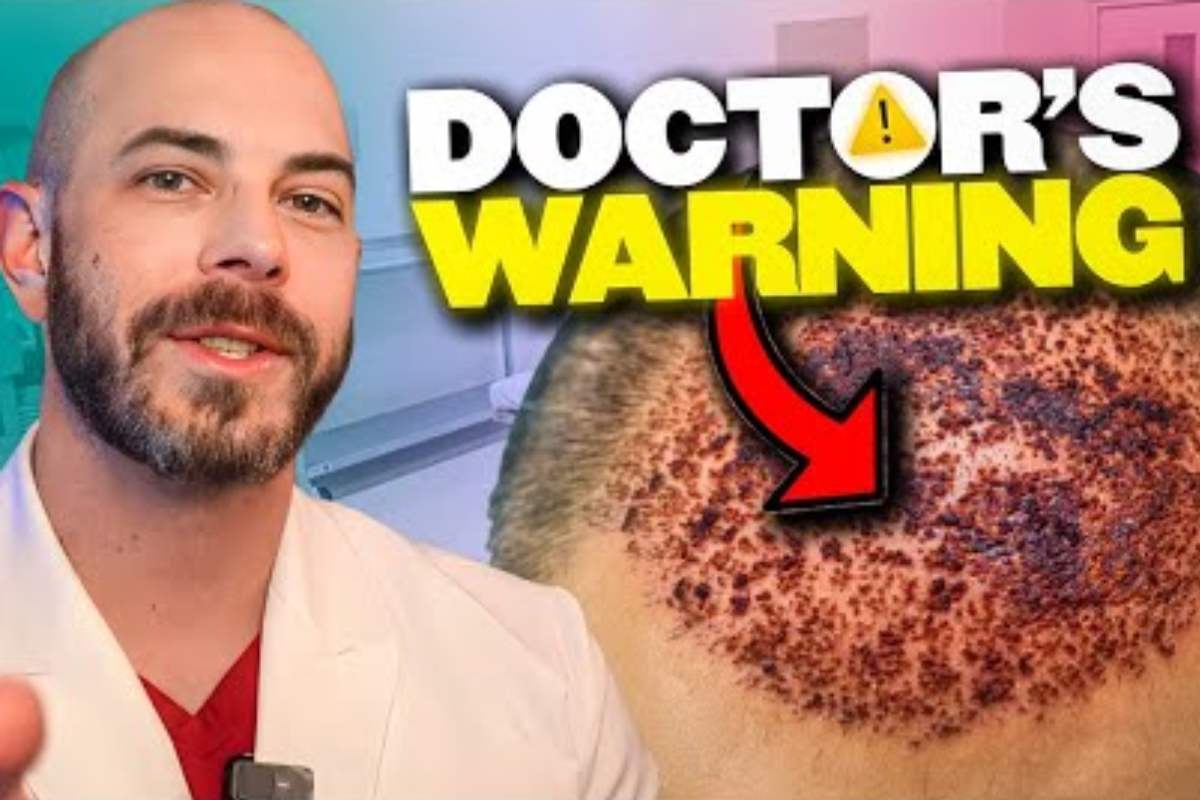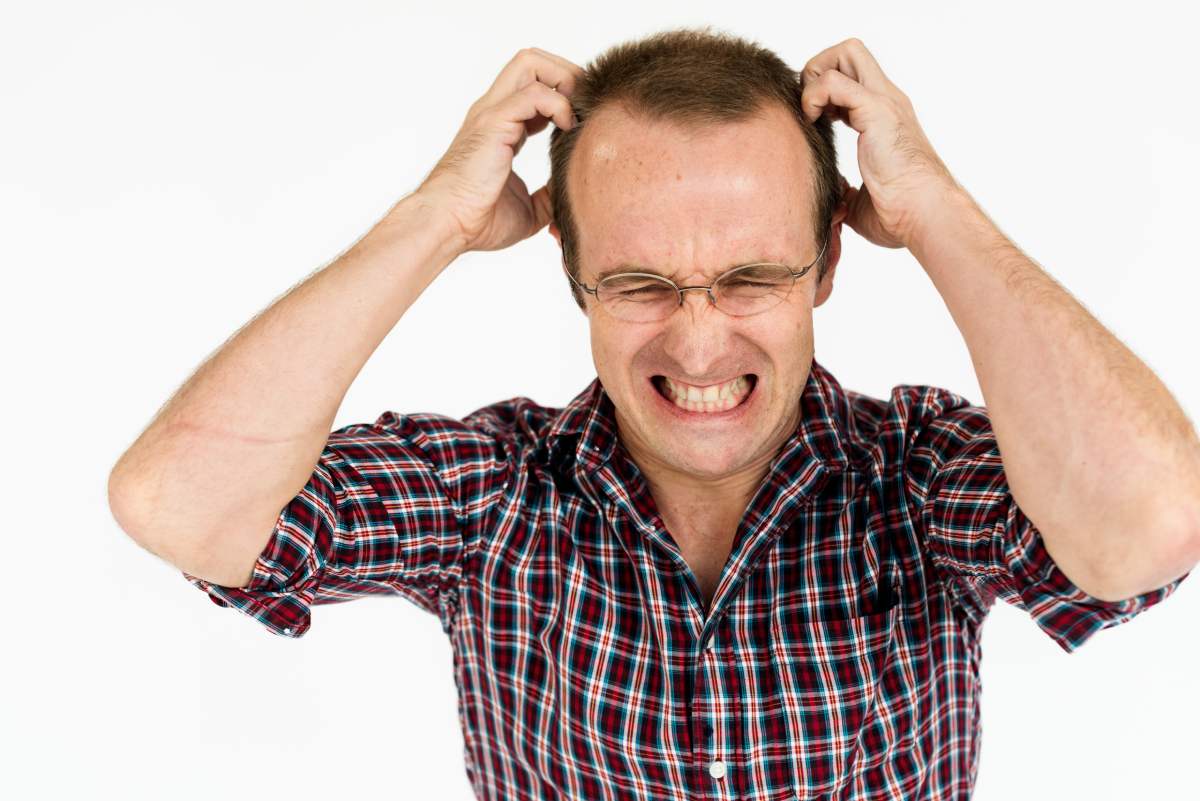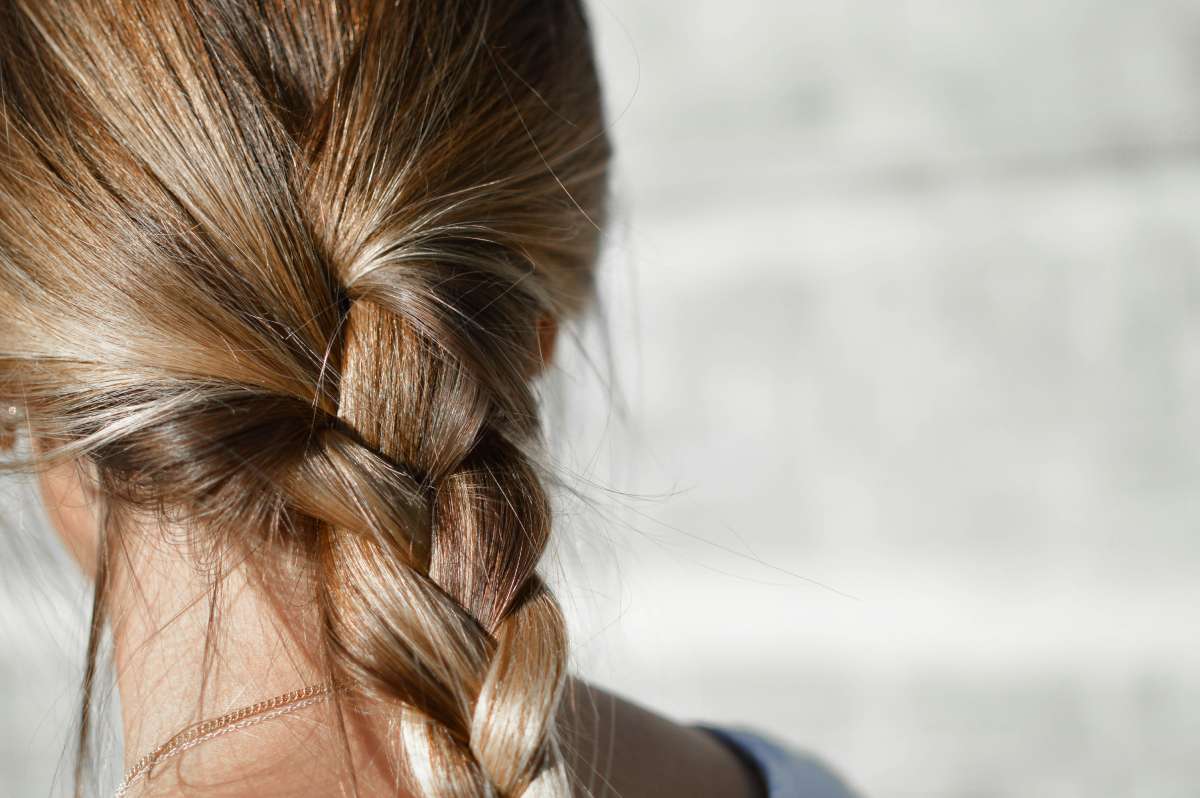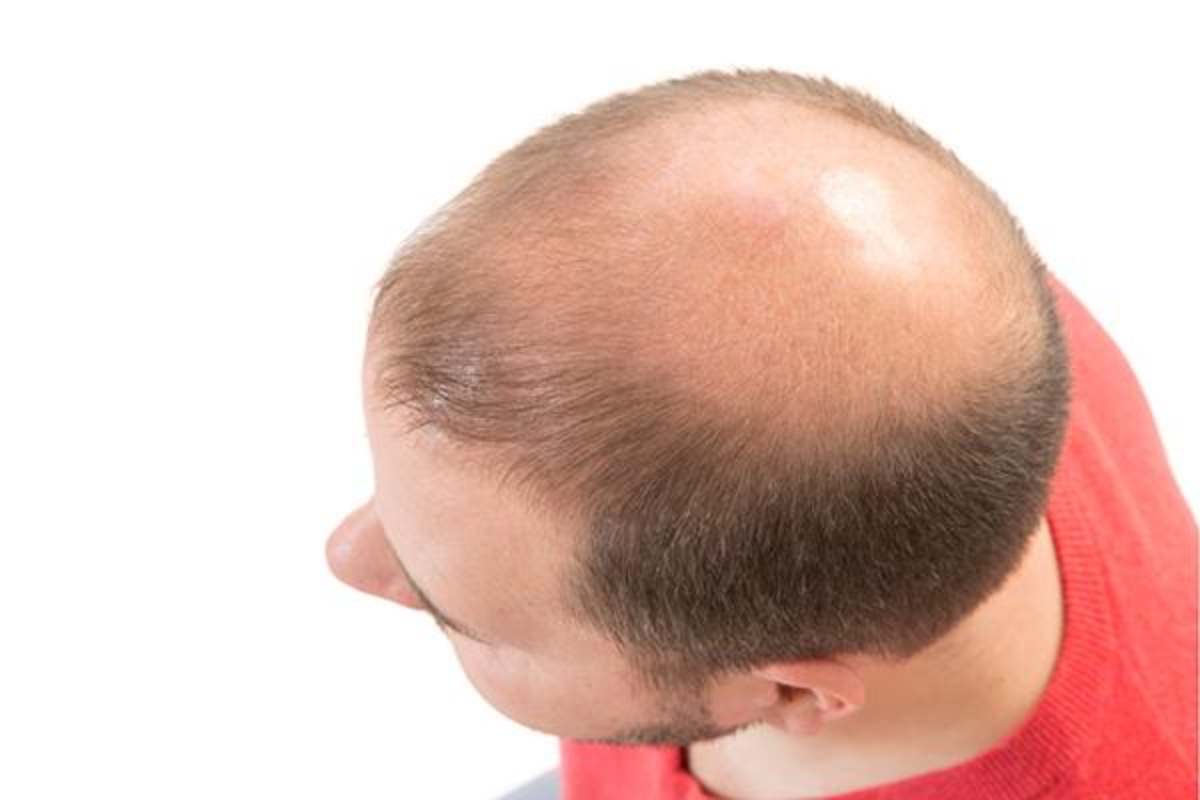With the cold weather setting in the air will continue to get drier, which can be a nightmare for hair. We all know that too much humidity in the air can cause your hair to become out of control and hard to tame, but too little humidity can cause a whole slew of problems as well.
When the air gets dry and the humidity levels drop, your hair can also become brittle. Split ends can begin to form as the hair gets damaged, dandruff can develop as your scalp dries out, and static electricity can build up causing stray hairs to fly everywhere.
Static electricity can be one of the most annoying things about the dry air. It can lead to static shock, hair not being able to be styled properly, and even hair clinging to everything around it.
Let’s take a look at what static electricity does to the hair and how you can help mitigate the effects of static electricity on your hair this winter.
What Causes Hair Static?
In the simplest terms, static electricity is caused when two objects, of different material, rub up against each other and pass electrons from one to the other. When those electrons are passed from one to another it causes one of those elements to be attracted to the other one, thus creating that static build up.
Normally, when there is humidity in the air, the static charge that has built up because of the transfer of electrons, just goes away. But when there isn’t enough humidity in the air, it causes those electrons to build up on one of the surfaces and they begin to repel one another. This is what causes your hair to start flying all over the place.
So what can you do to help remedy the static in your hair that comes along with the cold winter weather?
Reducing Static Electricity In Your Hair
1. Reduce the Use of a Hair Dryer
Using forced heat to dry your hair can drain your hair of moisture, thus leaving it dry and more susceptible to static. So by using a hair dryer, without protection, you’re removing precious moisture that could help combat the effects of static.
A solution to this, if you absolutely need to use your hair dryer, is to spray on a heat protectant product before you dry your hair. This will help seal the moisture into your hair so that it’s not as easily affected by the heat.
Another solution to this would be to upgrade your current hair dryer to an ionic hair dryer. Ionic hair dryers send out positively-charged ions, which can help neutralize the negatively-charged electrons in your hair, which cause static.
2. Avoid Plastic Brushes and Combs
We’ve all experienced that static feeling when touching something plastic, so it would make sense that using a plastic brush or comb on your hair could generate a static charge.
Using a wooden comb or a natural bristled brush can make a world of difference when trying to fight static. You can also spray a small amount of static guard on your brush before using it to help reduce the static charge.
3. Shampoos and Conditioners
The best way to fight dry hair and static is with moisture, since the lack of moisture in the air is the whole reason static tends to wreak havoc in the winter time.
Finding a shampoo made specifically for dry hair will definitely help. These products will help retain the natural oils and moisture in your hair, while also protecting them throughout the day.
Conditioners are specifically designed to seal moisture into the hair and help prevent your hair from drying out too much. They are also designed to help cancel out the charge that some shampoos add to your hair as part of the cleaning process. And this is why it’s extremely important to use conditioner when the hair is dry.
In addition to finding a shampoo and conditioner specifically created for dry hair, it’s important also to not shampoo as often. The shampoo strips the hair of natural oils which are there to help protect and moisturize your hair. So by washing these oils on a daily basis, you may be unknowingly contributing to the cause of the static in your hair.
4. Dryer Sheets
If you’re really in a bind or are super frustrated with your static hair, dryer sheets are a great way to neutralize the electrons in your hair which are the cause of the static.
Dryer sheets are made to help reduce static on fabrics as they are going through the dryer. The dryer uses forced heat in order to dry your clothes, but it’s also sucking the moisture out, which can create static cling. So, to reduce the unwanted side effects of the dryer on our clothes, we use a dryer sheet (or fabric softener) to help reduce the static cling.
And if they work on clothing, why can’t they work on hair?
Taking a dryer sheet and rubbing it from your scalp down to the ends of your hair can help reduce static electricity by pulling out the electrons in your hair the same way the sheets do to the clothes in the dryer.
This is a quick and easy way to help reduce the effects of static on your hair, but just don’t go overboard, you may not want your hair smelling like dryer sheets all day.
Lack of Moisture is the Enemy
The main reason that our hair becomes more static-prone in the winter is because of the dry air. As the winter months move in and the air becomes more frigid, the humidity levels drop and the air becomes more dry.
The best way to combat this, when it comes to hair, is to keep your hair properly moisturized and protected. The tips above are a good place to start, but you may also want to look into other environmental factors that may be playing a part in your static-prone hair.
For example, most home furnaces use forced air in order to heat your house. And just like a hair dryer, and your clothes dryer, the hot air being blown throughout your house is extremely dry.
A whole home humidifier, or even a portable one in certain areas of your home, will help add more humidity and moisture into the air, and help reduce the amount of static electricity build up you may be experiencing.
Nobody likes to deal with static electricity during the winter months, especially when it comes to hair. But following some of the tips above will greatly reduce the amount of static you’re dealing with, and can help keep your hair looking great all winter long.







